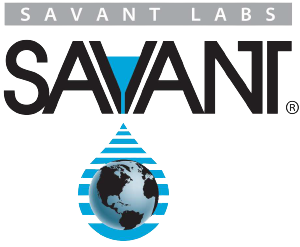"Studies of the Oxidation Dynamics of Turbine Oils - Initial Data from a New Form of the Rotating Pressure Vessel Oxidation Test"
Presented at ASTM Symposium on Oxidation and Testing of Turbine Oil, Norfolk, VA - 2005
2005
Written by T.W. Selby, S.W. Froelicher, Savant Inc., and James Secrist, Tannas Co.
-- ASTM Symposium on Oxidation and Testing of Turbine Oils, Norfolk, Virginia, December 5-8, 2005; Paper ID: JAI 100775
Abstract: The importance of oxidation-resistant turbine oils in the various applications in which turbines are used is difficult to understate. Turbines in themselves are very costly energy-converting mechanisms which, among many other applications, provide much of the electricity for the power grids of modern society. Most critical to these turbines are the lubricants that are essential to their operation in long, dependable service. Equally critical, then, are the tests that determine the acceptability of these turbine oils and the understanding of the oxidation mechanisms that cause thee oils to form deposits and otherwise lost their ability to properly lubricate the turbine. This paper is a first report on a new dry-bath approach to not only determine antioxidation characteristics of turbine oils in the well-known Rotating pressure Vessel Oxidation Test (RPVOT) but to enable the direct study and modification of the oxidation process as it occurs. The instrument not only eliminates the hot oil-bath associated with the RPVOT but also allows the test fluid to be available for direct monitoring of temperature, chemical content, and the effects of injecting reactants. In the process of gathering the preliminary information for this paper, it was found that significant exotherms may develop in the turbine oil at a critical state of oxidation response. These exotherms can vary in duration and temperature rise depending on the nature of the antioxidant system and other properties of the formulated turbine oil. Moreover, the fact that these exotherms seem to mark a certain level of the oxidation process, brings the opportunity to more thoroughly investigate and understand oxidation processes as well as the chemistries of other lubricants.





